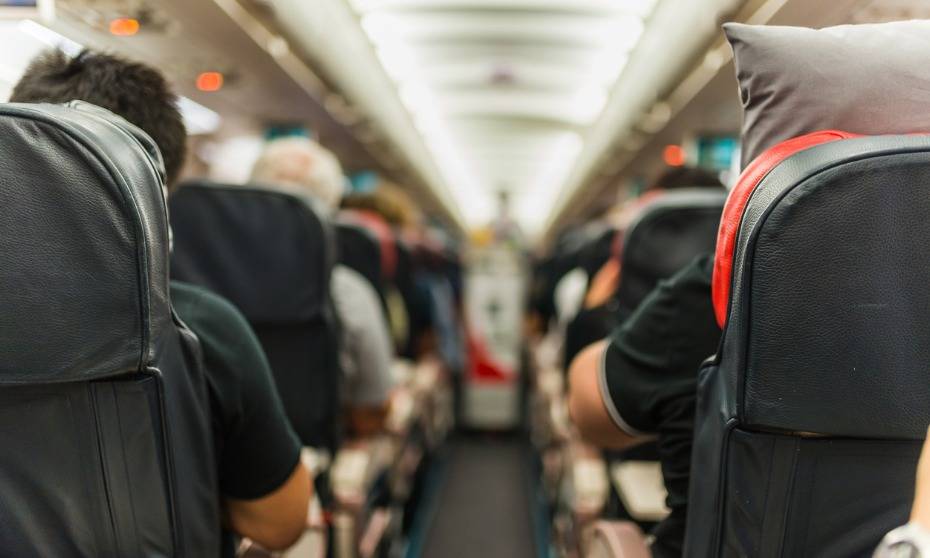
Wearing makeup will now be optional for Virgin Atlantic flight attendants, but is the change only skin-deep?

Virgin Atlantic will no longer require flight attendants to wear makeup to work after the British airline introduced several key changes to the standard uniform for its cabin crew.
Aside from optional cosmetics, the company will also allow female attendants to wear trousers as an alternative to skirts. The update to the styling and grooming policy came about after consulting with employees.
“Our world famous red uniform is something all of us at Virgin Atlantic are incredibly proud of,” said Mark Anderson, executive vice president at Virgin Atlantic.
“As an airline, we have always stood out from the crowd and done things differently to the rest of the industry. We want our uniform to truly reflect who we are as individuals while maintaining that famous Virgin Atlantic style.”
Anderson believes the new guidelines will help increase the comfort level of workers, while providing them with more options on how to express themselves at work.
Gender stereotypes in the airline industry
Virgin Atlantic views the move as a “significant change for the aviation industry.” The company hopes to use the opportunity to push for equality in a field where gender lines are still heavily divided.
Most airlines still tend to follow outdated gender stereotypes, where men are hired as pilots and women are relegated as flight attendants. Cabin crew are also often made to follow stringent grooming and appearance standards while at work.
Beyond convention
As women all over the world continue to challenge traditional norms of dressing for the workplace, Virgin Atlantic’s updated policy goes beyond having to maintain a brand image.
“It’s no surprise that Virgin Atlantic has changed its dress code requirements in relation to enforced makeup application as it seems outdated and is perceived by many as ‘sexist,’” said Eleanor Gilbert, senior associate at Winckworth Sherwood LLP.
“[It] is possible to see how dictating to women to apply makeup would be in breach of anti-discrimination legislation and goes beyond a legitimate objective of customer-facing employees looking smart and professional,” Gilbert said.
While the airline industry as a whole may take longer to “move away from conventional standards to a sense of individuality,” Gilbert is optimistic other airlines will follow suit.